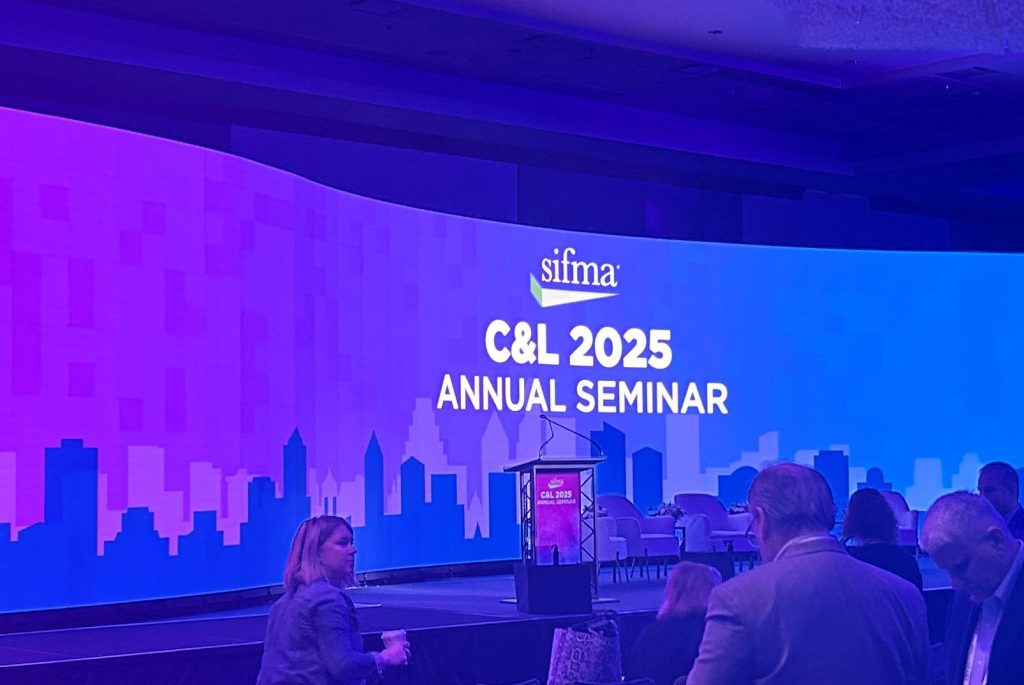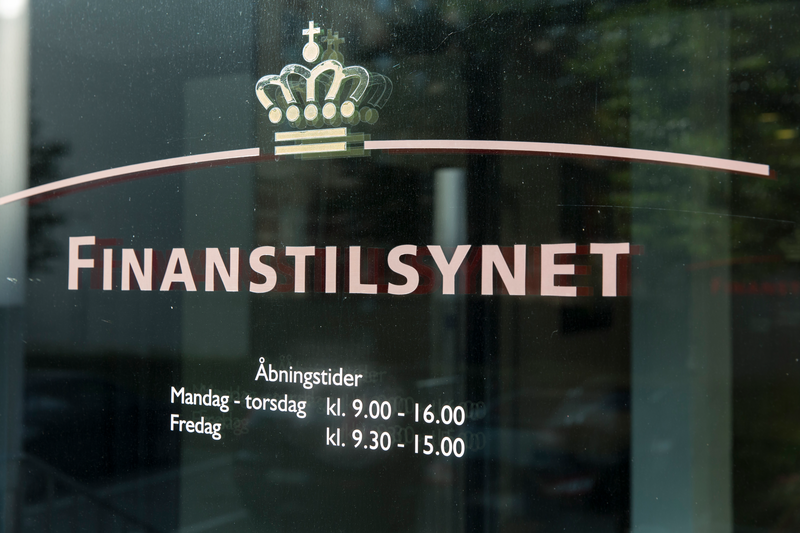The SEC has announced settled charges against New York-based registered investment adviser Sound Point Capital Management LP for failing to establish, maintain, and enforce written policies and procedures reasonably designed to prevent the misuse of material nonpublic information (MNPI) concerning its trading of collateralized loan obligations (CLOs).
To settle the SEC’s charges, Sound Point agreed to pay a $1.8m civil penalty, and the SEC said it considered the company’s prompt remedial actions and cooperation extended to the agency’s staff in its investigation.
Safeguarding MNPI
CLOs are generally collateralized by corporate loans, the price at which a CLO tranche trades may be impacted by the price at which the underlying loans trade. Sound Point managed CLOs and traded the tranches of CLOs both that it managed and those that were managed by third parties.
Prior to July 2022, the SEC said Sound Point had no written policies and procedures aimed at preventing the misuse of MNPI about the underlying loans when trading its own CLOs or third-party CLOs.
On July 30, 2019, after several weeks exploring the possibility of reducing Sound Point’s exposure to Sound Point CLO equity tranches, Sound Point sold two of its own CLO equity tranches – which suffer first-loss exposure when the loans in a CLO are negatively affected – to two counterparties. These equity tranches, as well as other CLOs and hedge funds managed by Sound Point, included loans made to a media services company.
At the time it sold these CLO tranches, the SEC said Sound Point was in possession of MNPI about the media company, which it obtained in connection with its participation in an ad hoc lender group for the media firm. When this MNPI was publicly released on July 31, 2019, the value of the media company’s loans in these CLO tranches dropped by over 50% and materially decreased the value of the CLO tranches Sound Point had sold the previous day by approximately $685,000.
Material information
Although certain Sound Point personnel recognized that the firm was in possession of MNPI about the media firm at the time of the trades of these CLO tranches, Sound Point failed to consider whether such information was also material with respect to these CLO tranches before it sold them.
The SEC alleged that although Sound Point began conducting pre-clearance reviews in July 2019 to assess the potential impact of MNPI about underlying loans on the trading of Sound Point CLOs, Sound Point did not adopt written policies and procedures for such reviews until July 2022.
The SEC further alleged that Sound Point did not during the relevant period, establish, maintain, or enforce any written policies or procedures concerning the misuse of MNPI about underlying loans in third-party CLOs, despite engaging in trading tranches of those CLOs.
“Sound Point takes its fiduciary responsibilities very seriously and remains committed to operating with the highest standards of governance and compliance.”
Sound Point spokesperson, in an emailed statement
In April 2024, as a result of the SEC’s investigation, Sound Point began conducting pre-clearance reviews aimed at preventing the misuse of MNPI about the underlying loans in the third-party CLOs it traded, and it adopted written policies and procedures for these reviews in June 2024.
It’s important to note that the SEC’s order does not include any findings of insider trading or actual misuse of material nonpublic information by Sound Point or its employees. As noted herein, the agency’s order just focuses on the company’s deficiencies related to its policies and procedures relating to such information.
The Compliance Program Rule
As a result, the SEC said Sound Point violated SEC Rule 206(4)-7 – known as the Compliance Program Rule – which requires each investment company and investment adviser registered with the Commission to adopt and implement written policies and procedures reasonably designed to prevent violation of the federal securities laws, review those policies and procedures annually for their adequacy and the effectiveness, and designate a chief compliance officer to be responsible for administering them.
The rule was unveiled in December 2003, and as this settlement action illustrates, it provides that any failure of an adviser or fund to have adequate compliance policies and procedures in place will constitute a violation of our rules – independent of any other securities law violation.
“The new rules will thus permit the Commission to address the failure of an adviser or fund to have in place adequate compliance controls, before that failure has a chance to harm clients or investors,” the SEC said at the time.
Annual review
One of the most important exercises organizations can undergo to ensure these compliance controls work is the annual review. As a requirement under Rule 206(4)-7(b) of the Investment Advisers Act, every US registered organization should already be performing one. But how the review is conducted can make all the difference.
At a minimum, the company should consider changes to its business – from services, products, new groups of stakeholders and the new risks that are borne thereby – and review any recent regulations that have passed, adjusting business processes according to the changes.
The review should include meetings with different members at the organization to truly understand how work is being done, so policies and processes can be written that genuinely reflect how an organization does business;
And it should specifically focus on those high-risk areas of the business that might need further review and strengthening, including expanded training modules, new technology solutions, expert consulting, or other program components that could help protect the business even further.
Statement from Sound Point
A spokesperson from Sound Point provided GRIP the following statement on behalf of the company:
“We are pleased to enter into the settlement with the SEC on a “no admit or deny” basis. We cooperated with the SEC in this matter, which relates to certain compliance policies and procedures, the majority of which were modified in 2019. We have enhanced our controls since then. This matter does not include any findings of insider trading or misuse of material nonpublic information by Sound Point or its employees. Sound Point takes its fiduciary responsibilities very seriously and remains committed to operating with the highest standards of governance and compliance. As an organization, we continue to seek ways to further enhance our policies, procedures and practices and to adapt to changes in regulation, our business and the market.”













